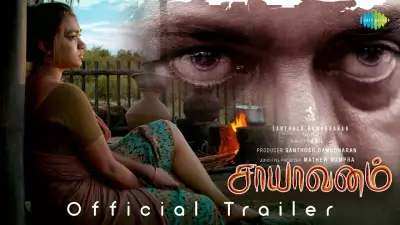
As we approach the centenary of Ritwik Ghatak's birth, the legendary filmmaker's work feels astonishingly contemporary, speaking to modern India with a clarity that time cannot diminish. While contemporaries like Satyajit Ray often dominate international discourse, Ghatak's raw, emotionally charged exploration of displacement and identity resonates with particular urgency today.
The Prophet of Partition Trauma
Ghatak's cinematic universe was fundamentally shaped by the cataclysmic event of Partition, an experience that left an indelible mark on his artistic consciousness. Unlike many of his peers, he confronted this national trauma head-on, creating what many scholars now recognize as his iconic 'Partition trilogy.'
Through films like Meghe Dhaka Tara (The Cloud-Capped Star) and Subarnarekha, Ghatak didn't merely tell stories—he gave form to the unspeakable pain of displacement, the fragmentation of communities, and the psychological scars that generations would inherit.
A Visionary Ahead of His Time
What makes Ghatak's work so remarkably prescient? His films grapple with themes that have become central to our contemporary discourse:
- The crisis of identity in a rapidly changing society
- The tension between tradition and modernity
- The psychological impact of historical trauma
- The struggle of marginalized communities
His unconventional narrative structures and bold sound design broke from traditional cinematic language, creating an experiential form of storytelling that feels remarkably fresh to modern audiences.
Ghatak's Enduring Legacy in Modern Cinema
Contemporary filmmakers across India continue to draw inspiration from Ghatak's pioneering approach. His influence can be seen in the works of directors who tackle complex social issues with similar fearlessness and formal innovation.
Ghatak understood that great art doesn't provide easy answers but instead asks difficult questions that remain relevant across generations. His characters—caught between worlds, struggling with broken dreams and fractured identities—mirror the experiences of many in today's globalized yet divided world.
As we celebrate his centenary, Ritwik Ghatak stands not as a relic of cinema's past, but as a vital voice speaking directly to our present moment—a visionary whose work grows more essential with each passing year.



